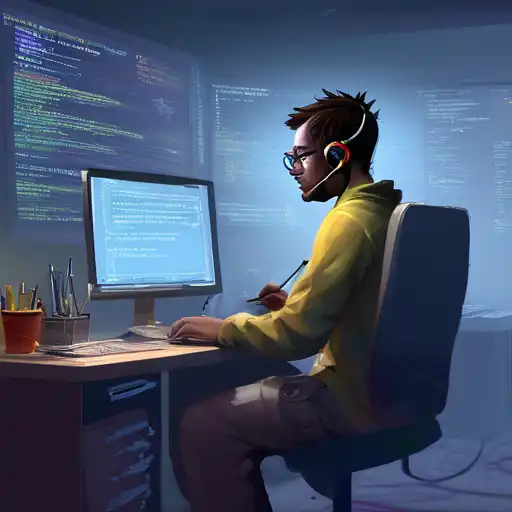Introduction to Debugging for New Programmers
Debugging is an essential skill for any programmer, especially for those just starting out. It involves identifying and resolving errors or bugs in your code that prevent it from running correctly. This article will provide you with essential debugging strategies to help you become more efficient and confident in your coding journey.
Understand the Error Messages
One of the first steps in debugging is to understand the error messages your development environment throws at you. These messages are not just random text; they are clues that can lead you to the root of the problem. Take the time to read and comprehend these messages, as they often tell you exactly where and what the issue is.
Use a Debugger Tool
Most integrated development environments (IDEs) come with built-in debugger tools. These tools allow you to step through your code line by line, inspect variables, and see the flow of execution. Learning how to use these tools can save you a significant amount of time and frustration.
Check Your Code Step by Step
When you're stuck, try to isolate the problem by checking your code step by step. Start from the point where you know the code works correctly and move forward until you encounter the error. This methodical approach can help you pinpoint exactly where things go wrong.
Take Breaks
Debugging can be mentally exhausting. If you've been staring at the same piece of code for hours without progress, take a break. Stepping away from your computer for a few minutes can help clear your mind and often leads to a fresh perspective when you return.
Ask for Help
Don't be afraid to ask for help when you're stuck. Whether it's from a colleague, a mentor, or an online community, getting a second pair of eyes on your code can help identify issues you might have overlooked. Remember, every programmer has been in your shoes at some point.
Practice Makes Perfect
The more you debug, the better you'll become at it. Each bug you encounter and fix is a learning opportunity that improves your problem-solving skills and makes you a better programmer. Embrace the challenges that come with debugging, and don't get discouraged by setbacks.
Conclusion
Debugging is a critical skill that all programmers must master. By understanding error messages, using debugger tools, checking your code step by step, taking breaks, asking for help, and practicing regularly, you'll become more proficient at identifying and fixing bugs in your code. Remember, the goal is not just to fix the current issue but to learn from it and prevent similar problems in the future.
For more programming tips and tricks, check out our programming resources section.
